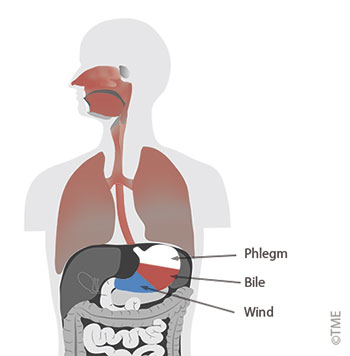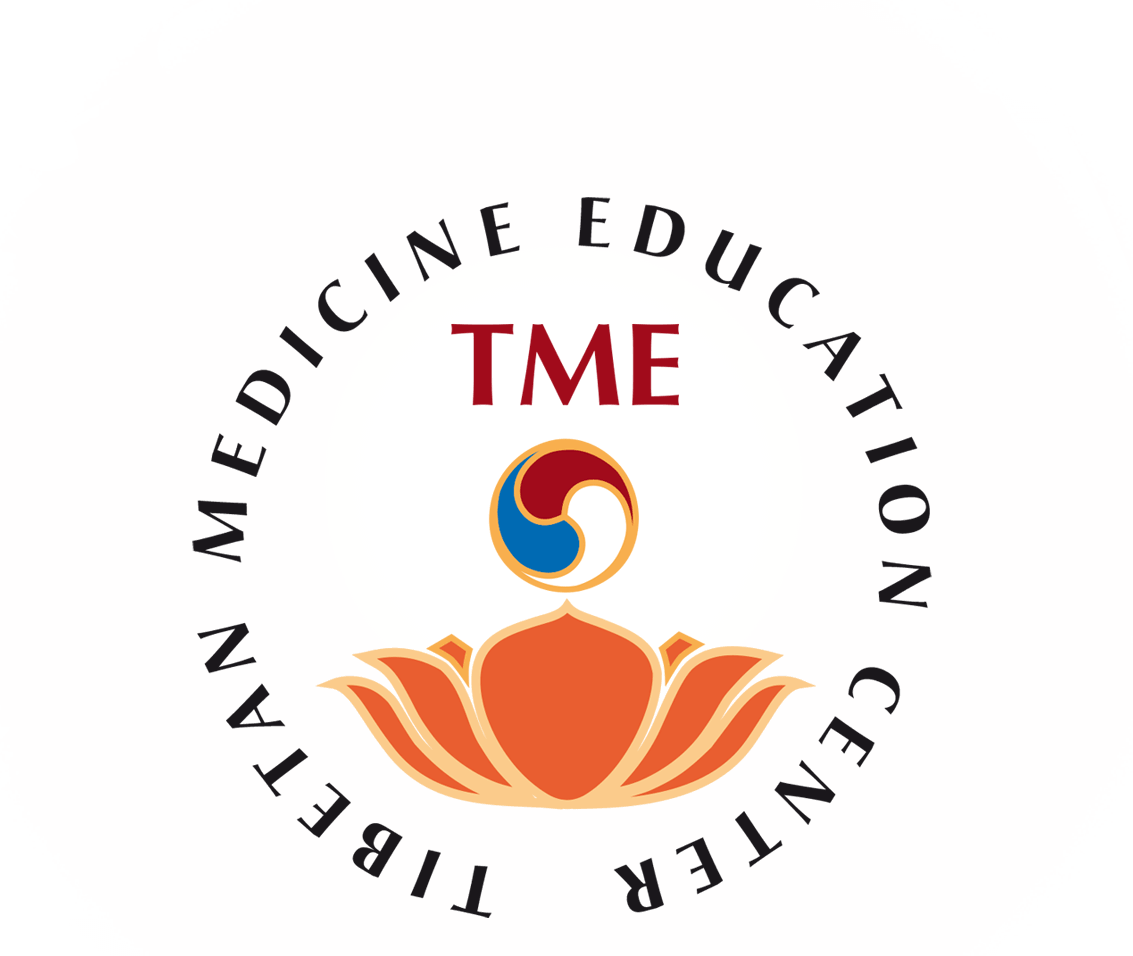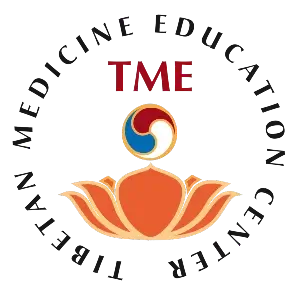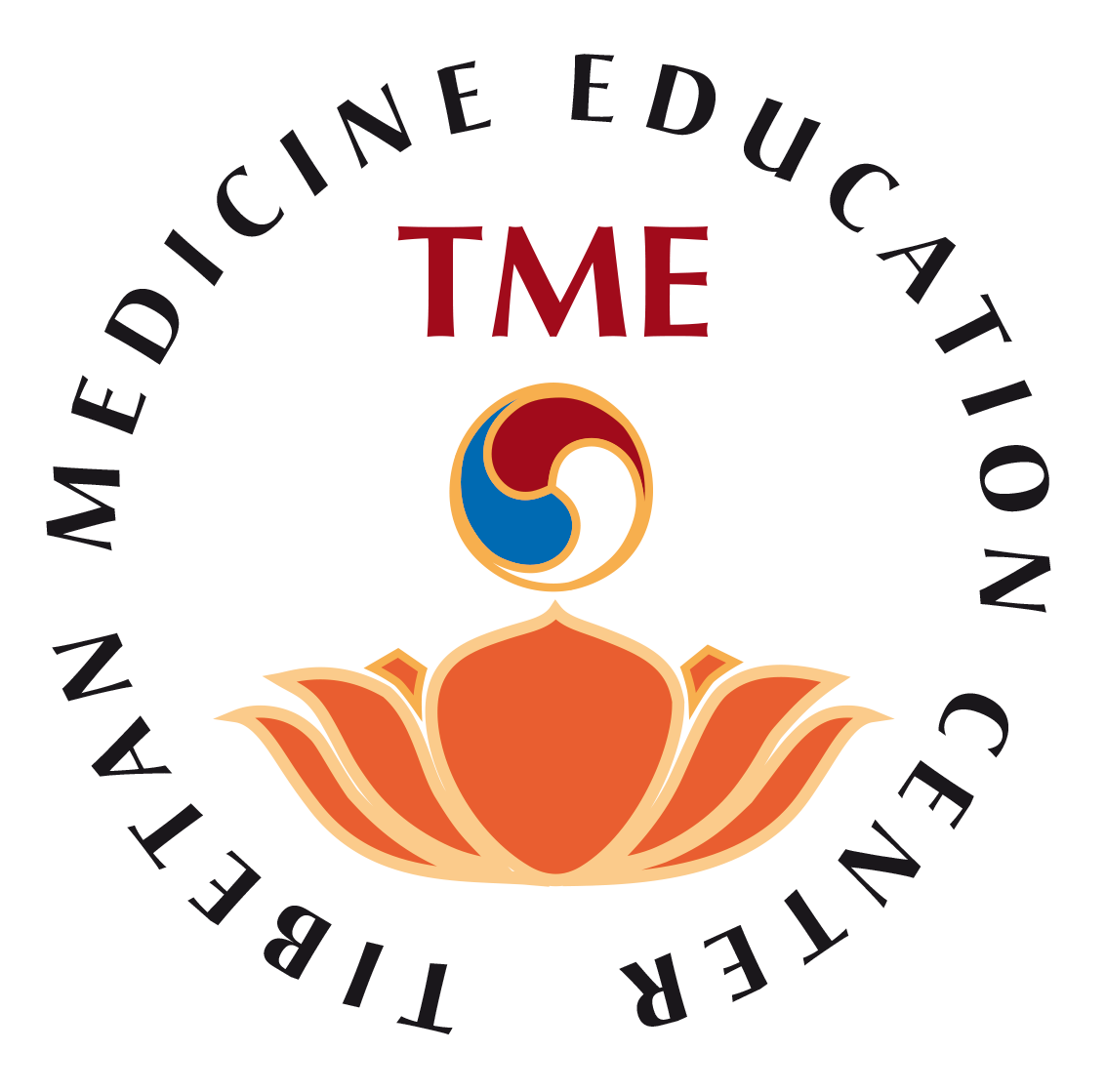Disorders
Spring is here, hay fever sufferers beware!

Interview with Pasang Yonten Arya – by Carolyn Chan
Dr. Pasang Yonten Arya discusses the Spring “conflict season”, and how to prevent or reduce our hay fever.
Everything is blooming most recklessly; if it were voices instead of colors, there would be an unbelievable shrieking into the heart of the night.
~Rainer Maria Rilke, Letters of Rainer Maria Rilke
Springtime is a wondrous, time of the year. After lying dormant under winter’s blanket of cold, the warming earth slowly comes back to life. Signs of rebirth and renewal are everywhere; witness the baby lambs in the fields, tinkling streams, and a newly decorated landscape of varying shades of green and colorful flower blooms. It is indeed a glorious season of rebirth, but for the many sufferers of springtime hay fever, the first signs of warming also bring a sense of dread at the prospect of uncomfortable months ahead. Hay fever, also known as allergic rhinitis, is caused by an allergic response to allergens, which in spring is most commonly, pollen. Typical hay fever symptoms include runny, itchy nose and nasal congestion, sneezing, coughing, watery, itching eyes and face, post nasal drip and sore throat. For the really unlucky ones, there is the further prospect of sinus infections, asthma and bronchitis. Nowadays, there are many allergy relief medicines available over the counter and by prescription, and there is high demand during these spring months.
Springtime hay fever is very common in the west, and appears to be completely random in its choice of sufferers. Dr. Pasang Yonten Arya had kindly agreed to share his views and experience with springtime hay fever and how it is treated in Tibetan Medicine.
How does Tibetan Medicine view springtime hay fever and allergies?
Dr. PYA: I did not know about these things before I came to the west. They are not much experienced in Tibet or India. More than 15 years ago, soon after I had arrived in Milan, there was a terrible outbreak, a lot of people with running, itching eyes and noses, inflamed mucous membranes, coughing and bronchitis. I had never seen anything like it before. The closest thing I could associate it to was respiratory problems due to dust. That time more than 15 years ago was the worst I have ever seen it in Milan.
As hay fever and allergies are unknown in Tibetan medicine, how do you approach their treatment in Tibetan medicine?
Dr. PYA: I didn’t know the cause (of the hay fever and allergie) at the start. I treat the symptoms with Yama (common nasal inflammation of cold and flu as well as sinus infections), and bronchitis medicines.
In your opinion, would a person’s constitution be a factor in whether or not they suffer from hay fever?
Dr. PYA: Wind-Bile and Bile constitutions suffer more from hay fever. This is because there is more body heat and the delicate mucous membranes can more easily be influenced and suffer problems. Phlegm-Wind and Phlegm constitutions suffer less with hay fever but they often have food intolerances that appear as allergy symptoms.
Can you suggest other factors that should be considered?
Dr. PYA: The seasonal attack is one of the most important factors. There are the temperature “conflict times” or “conflict seasons”, of spring and autumn. In springtime, when the body is cold internally while externally it is warm, then external orifices such as eyes and nose mucous membranes suffer and manifest phlegmatic and allergy symptoms. It is at this conflict stage when dust or pollens can attack, when the mucous membranes are weak. In particular, virus or airborne agents can take the opportunity to attack the body and develop bronchitis or other diseases. In autumn, when the body is still warm or hot internally while externally it is cooling down, then the mucous membranes begin to dry, again a conflict stage when viruses can attack easily. Therefore, spring and autumn allergies, as well as colds and flu occur regularly, like clockwork, in western countries.
The individual response is another factor. The pollen spreads everywhere, indiscriminately, but it affects some people and not others. The answer lies in the state of the individual’s immune system and body constitution, and whether weak or not. Simply put, people with Bile-Wind constitutions have mucous membranes that are more sensitive and delicate, while other body constitutions have more resistance against the allergic substances.
So, whether a person suffers from hay fever or not is largely dependent on their immune system. How would you recommend that a person strengthen their immune system?
Dr. PYA: The digestive system is inextricably linked to the immune system, and the orifice mucous membranes are branches of the digestive system. Where the digestive system is not clean enough or inflamed, the immune system is weak and the pollen and virus attack. The digestive system must be cleaned to strengthen the immune system.

Can you make any practical recommendations to clean the digestive system in order to prevent or reduce springtime hay fever?
Dr. PYA: I will suggest here a couple things that can be done to reduce or prevent allergy problems.
In February or March start to pay close attention to the diet and do a long cleansing of the body with Dresum (three fruits: Terminalia chebula Retz, Terminalia belerica and Emblica officinalis), Cassia fistula and Aloe juice. The person preparing must have the requisite knowledge to ensure proper preparation. After the start of pollen season, continue being careful of the diet and cut out bile increasing food such as alcohol, fats, salt, milk, milk products, sweets and raw meat etc.
- A practical guide for prevention:
- Avoid all allergy producing and non-tolerated food items.
- Be aware of Nickel and gluten allergy reactions and avoid if they occur.
- Avoid eating and drinking extremely cold or hot food and tea etc.
- Use an air-purifying machine inside the house.
- Keep neck and mouth covered when going outside.
- Drink boiled hot water every morning and evening.
- Try drinking Ginger, Coriander seed and blue Gentian flower or whole plant decoction two or three times per day or also can use single decoction.
- Drink more plain water and clean the body.
Dr. Pasang, many thanks for once again sharing your knowledge and experience of Tibetan medicine, and leaving us with this very practical advice for reducing or preventing our hay fever allergies.





